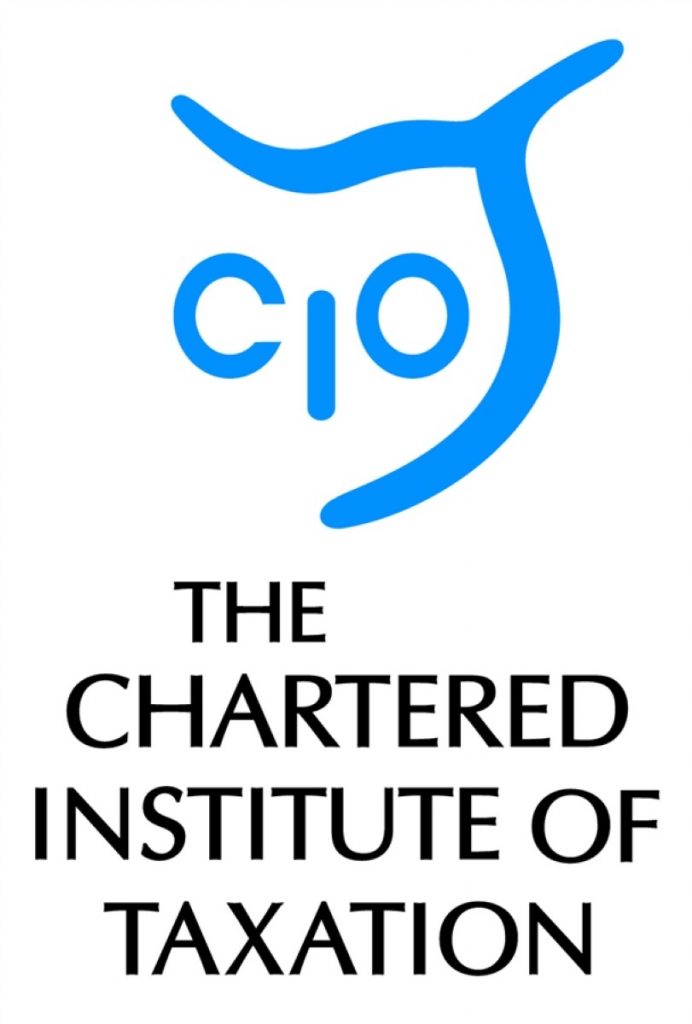A huge backlog of potentially incorrect tax records is a warning about the risks of premature and over-ambitious staff cuts at HMRC, the Chartered Institute of Taxation (CIOT) has warned.
A National Audit Office report published today states that between 2010-11 and 2014-15, HMRC cut the number of staff working in personal tax from 26,000 to 15,000, with the hope that digitalisation would deal with some of the fallout. However, the expected fall in demand for telephone advice did not materialise and, when services levels deteriorated badly in 2014-15, HMRC responded by transferring to its call centres, back-office staff who had been maintaining PAYE tax records. As a result, PAYE maintenance work was deferred and the stock of outstanding discrepancies in tax records requiring investigation rose from 2.4 million in March 2014 to 4.6 million in March 2015. Of these items, 3.2 million were high priority cases, carrying a risk that employees will have paid the wrong amount of tax.
John Cullinane, CIOT Tax Policy Director, said:
“This report sets out starkly what happens when Government makes over-ambitious assumptions about the speed with which savings from digitalisation can be realised and cuts staff prematurely. There is a lesson here for HMRC’s future digitalisation plans.
“Making Tax Digital promises significant potential benefits, but HMRC’s resources should not be cut further in anticipation of this before the cost-savings that digitalisation promises are actually being delivered.”
John Cullinane added:
“The PAYE system is the centrepiece of the UK’s tax collection machinery. But like any machine it needs careful and regular maintenance.
“The NAO says that at December 2015 HMRC had nearly three million unresolved PAYE items still to clear. It is unacceptable that so many people now risk paying too much tax because cutbacks at HMRC mean that items such tax codes have not been checked. It is difficult to see how further cuts to HMRC staffing levels can be justified while this size of backlog on anything like this scale remains.
“People need stability to make savings and spending decisions without the disruption caused by a demand for unpaid tax from HMRC or suddenly getting a rebate when they really needed that money to live off far earlier.
“If the mandatory quarterly tax reporting by business and the self-employed that the Government say it will propose includes anything more than simple information readily available to all taxpayers then it is likely to add to the burden on HMRC’s helplines. People may start to call HMRC four times a year for advice and guidance rather than just once at present!”
Contact: Hamant Verma, External Relations Officer, 0207 340 2702 HVerma@ciot.org.uk (Out of hours contact: George Crozier, 07740 477 374)
Notes for editors
1. The NAO report can be found here
2. PAYE tax items may refer to matters other than just tax codes.
3. The Chartered Institute of Taxation (CIOT)
The CIOT is the leading professional body in the United Kingdom concerned solely with taxation. The CIOT is an educational charity, promoting education and study of the administration and practice of taxation. One of our key aims is to work for a better, more efficient, tax system for all affected by it – taxpayers, their advisers and the authorities. The CIOT’s work covers all aspects of taxation, including direct and indirect taxes and duties. Through our Low Incomes Tax Reform Group (LITRG), the CIOT has a particular focus on improving the tax system, including tax credits and benefits, for the unrepresented taxpayer.
The CIOT draws on our members’ experience in private practice, commerce and industry, government and academia to improve tax administration and propose and explain how tax policy objectives can most effectively be achieved. We also link to, and draw on, similar leading professional tax bodies in other countries. The CIOT’s comments and recommendations on tax issues are made in line with our charitable objectives: we are politically neutral in our work.
The CIOT’s 17,600 members have the practising title of ‘Chartered Tax Adviser’ and the designatory letters ‘CTA’, to represent the leading tax qualification.





-01.png)